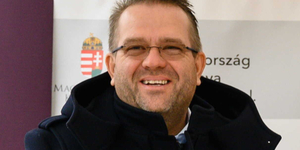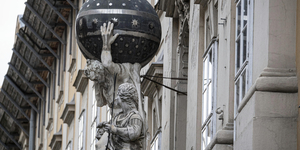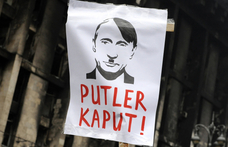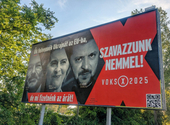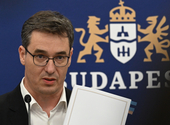We insist
After the ultimatum, before Kossuth ter
What is Viktor Orban planning? hvg.hu asked the leader of the opposition about his plans and how he sees the situation in the hours ahead of the mass demonstration to be held on Kossuth ter. An end to cultivating false illusions: he also knows that the country is facing a serious crisis. He no longer talks of tax cuts, at least not in the short term. 2007 should be a year for spending cuts, devising a reform programme, moral renewal and reestablishing confidence. For this to happen, however, Gurcsany will have to leave politics, Orban claims.
No light in the tunnel
The cost of building the fourth metro could be as much as HUF2bn higher than planned - just for building the station at Fovam ter.
Helsinki Committee
The police were far more professional on 23 October than one month ago. There were some police abuses, however. Not even a full parliamentary enquiry together with police and prosecutorial investigations will reveal the whole truth. Ferenc Koszeg, president of the Hungarian Helsinki Committee, called for civil oversight of the police.
Agora-phobia
The Kossuth ter protesters are refusing to leave the square even for the events commemorating 1956. They are threatening a repetition of 1956 if policemen try to remove them from the square. As it stands, a square full of tents and cauldrons of stew with the atmosphere of a village wedding is unlikely to make a positive impression on the dignitaries who will arrive from all around the world, and nor will the expected disorder. The TV news crews will be happy, at least: any disturbance would help them spice up their coverage of the commemorative events.
Interview with Fitchs David Heslam
The budget has to be balanced, reforms are essential - but the approach adopted, and the person of the prime minister are secondary, according to David Heslam, joint director of Fitch Ratings, the largest European ratings agency.


